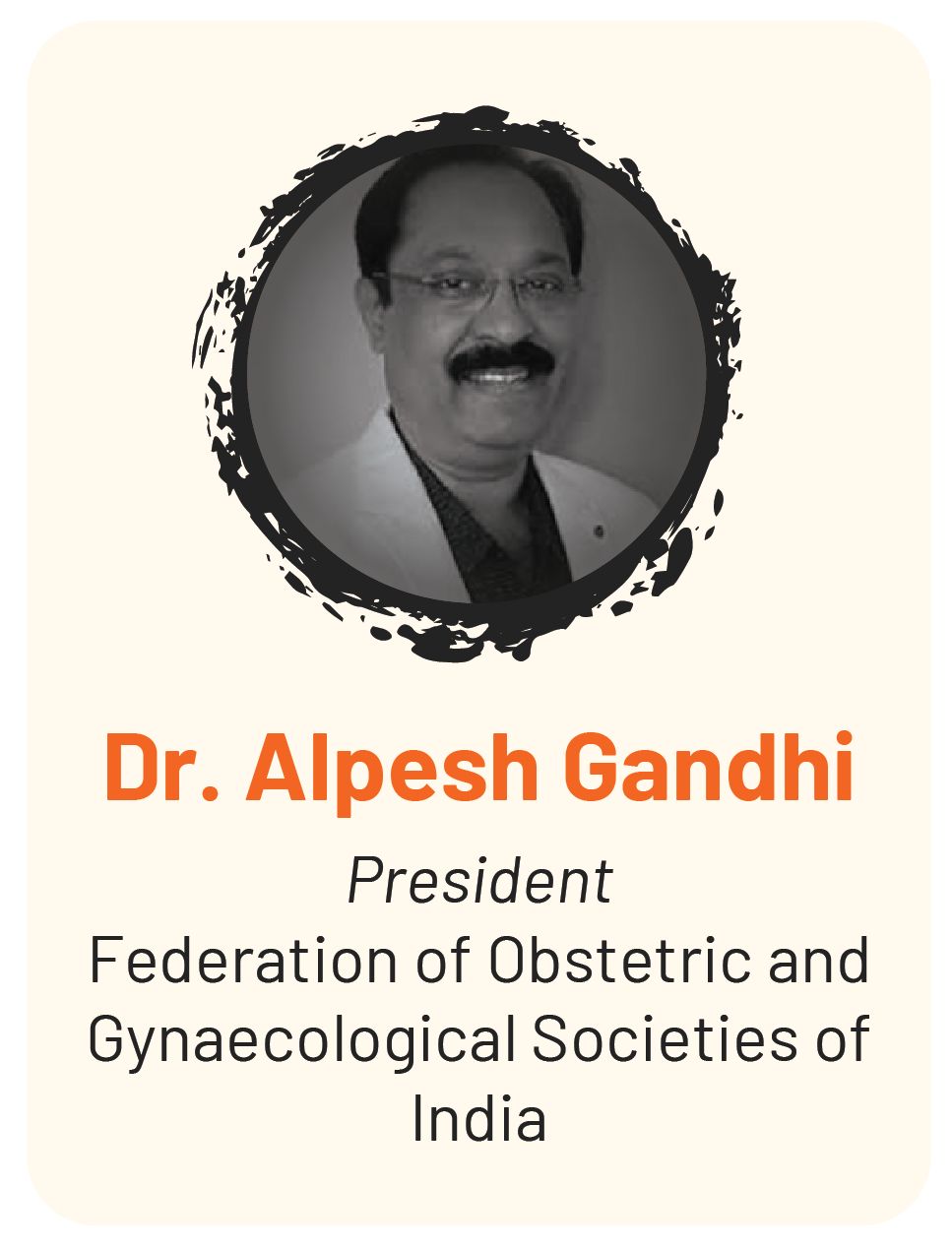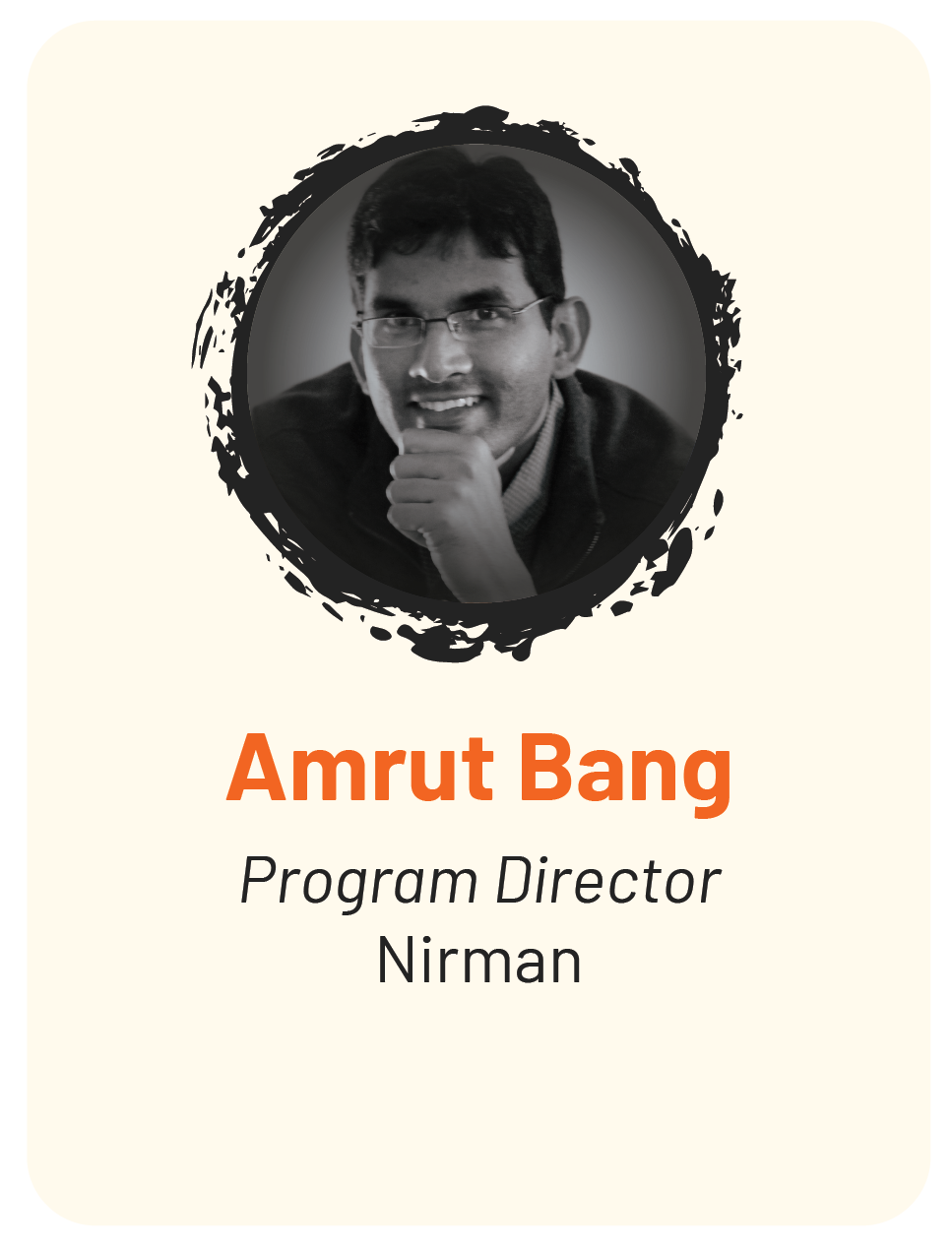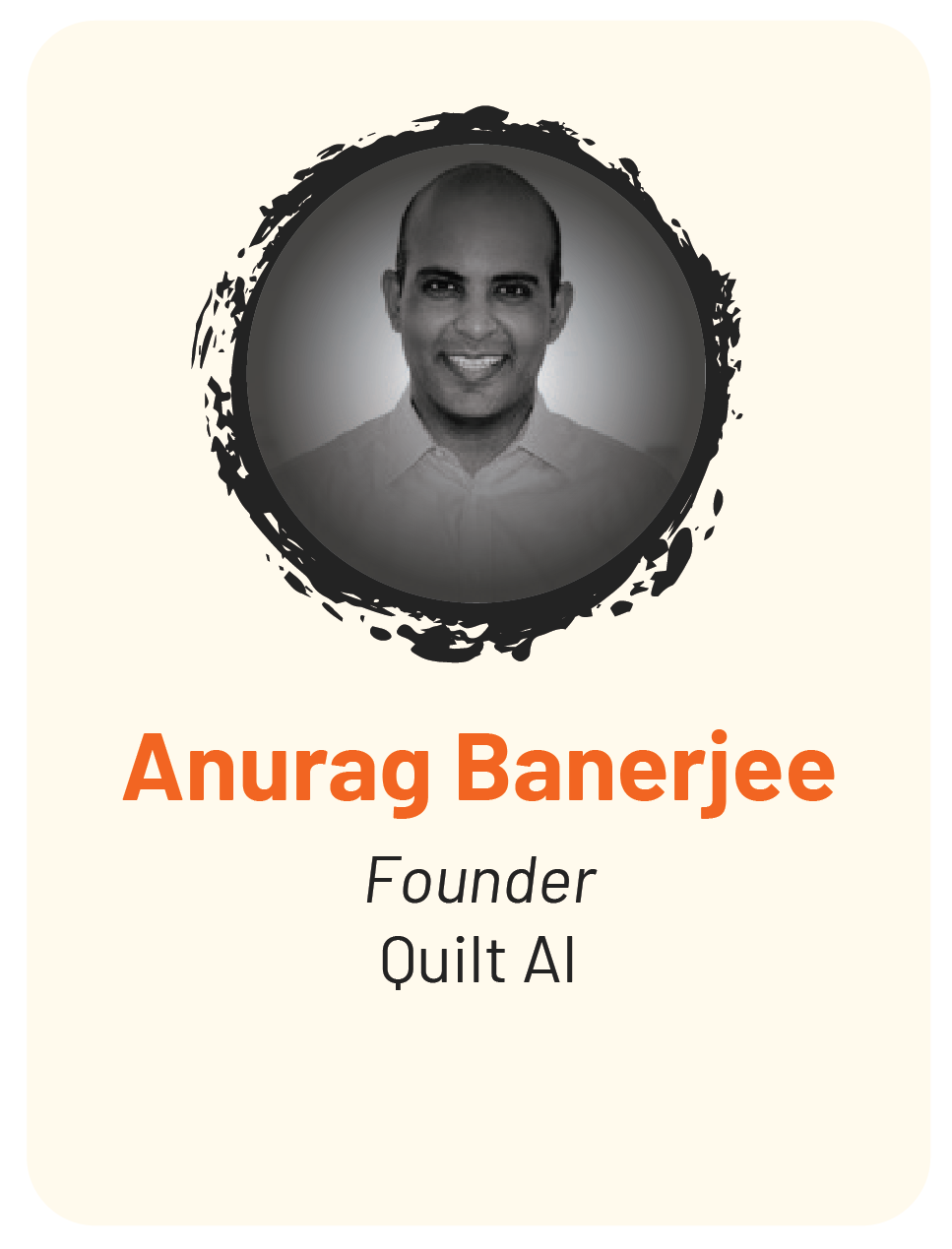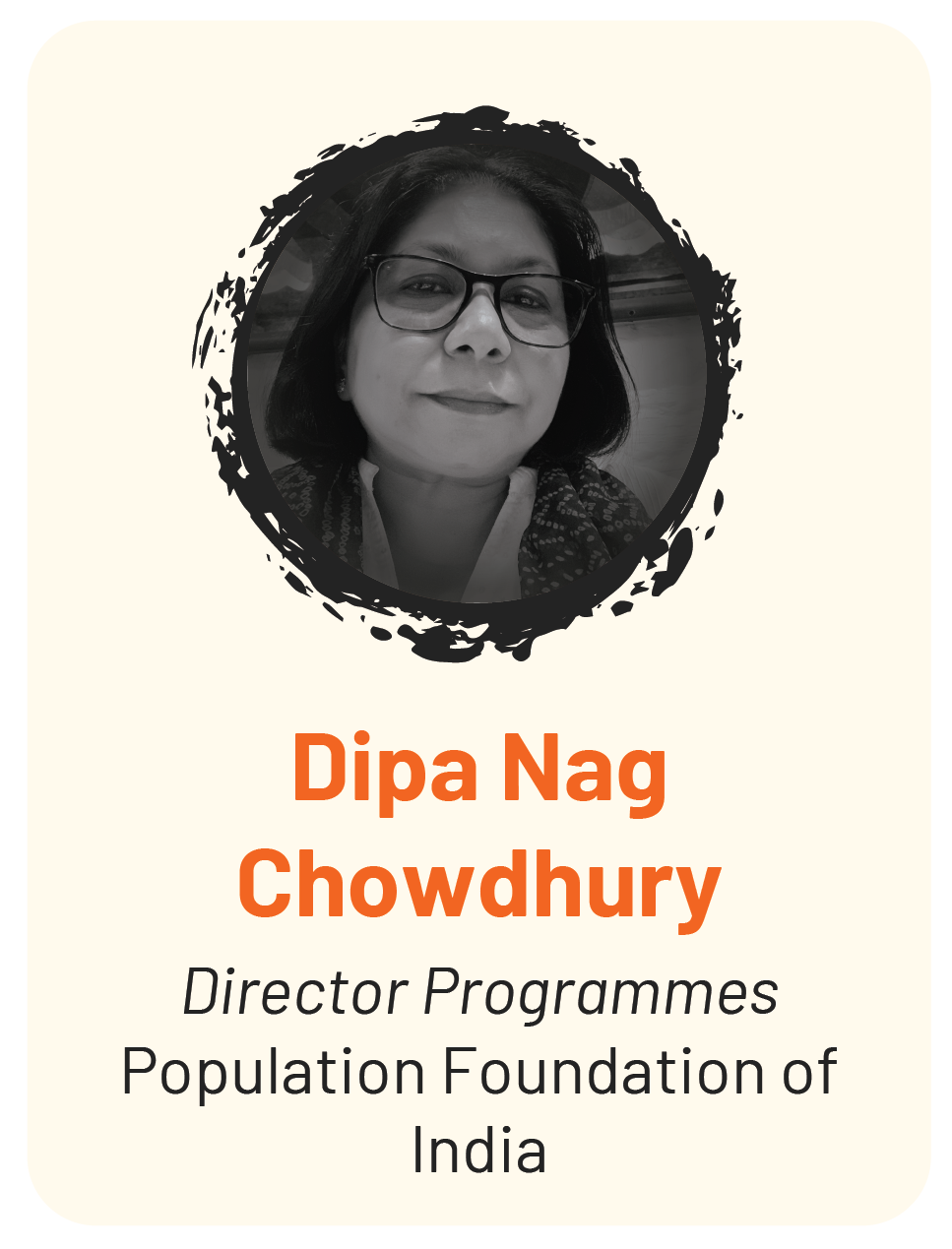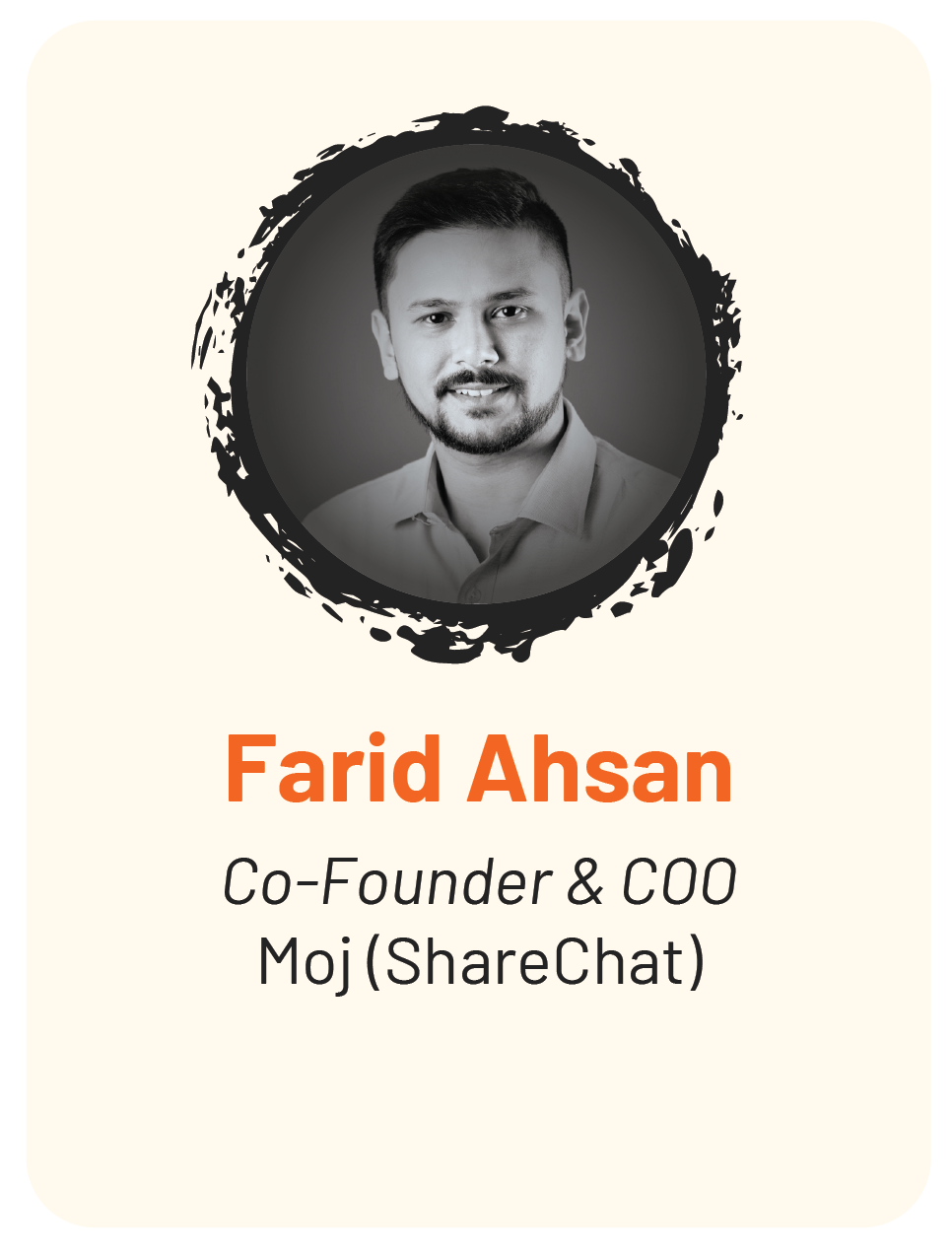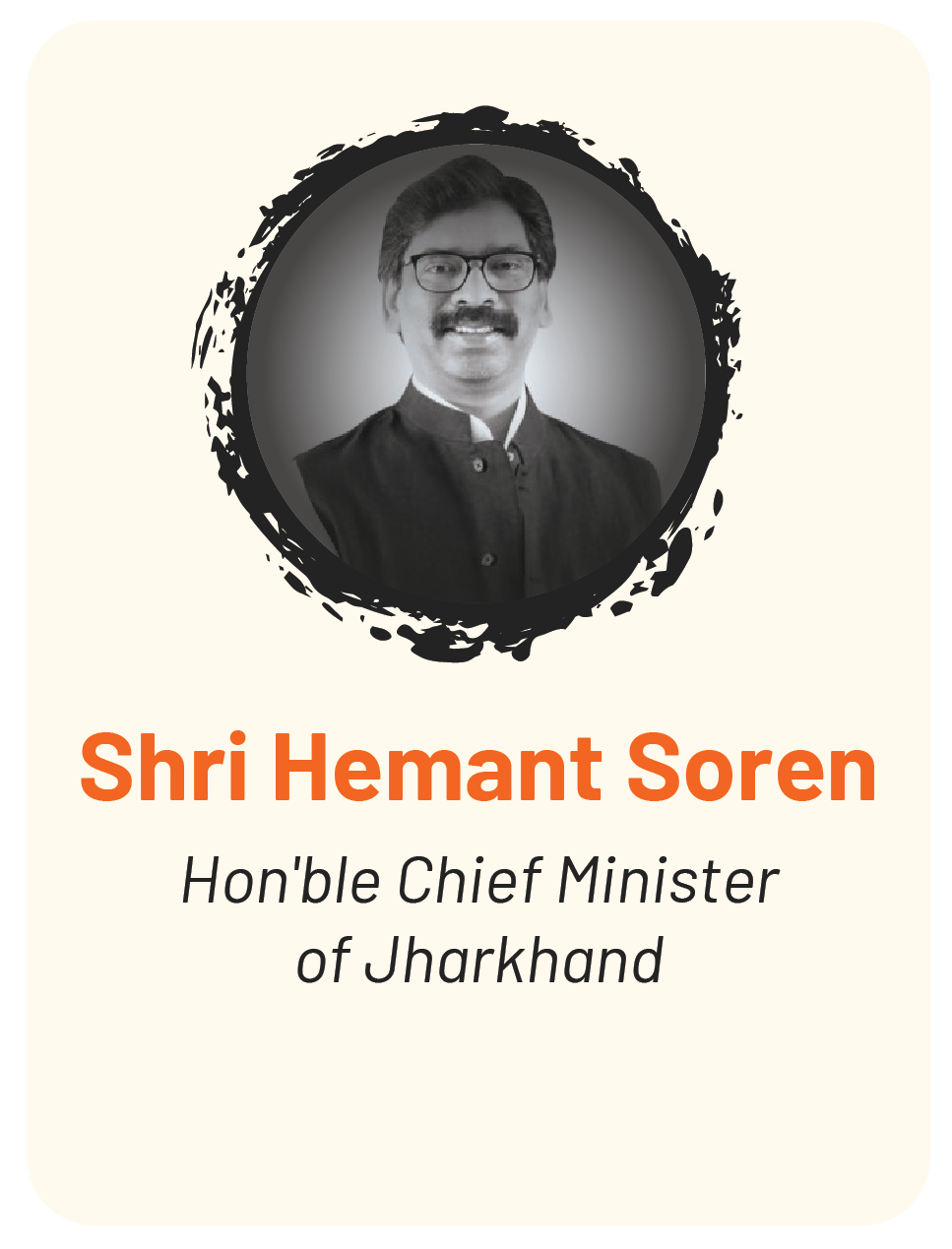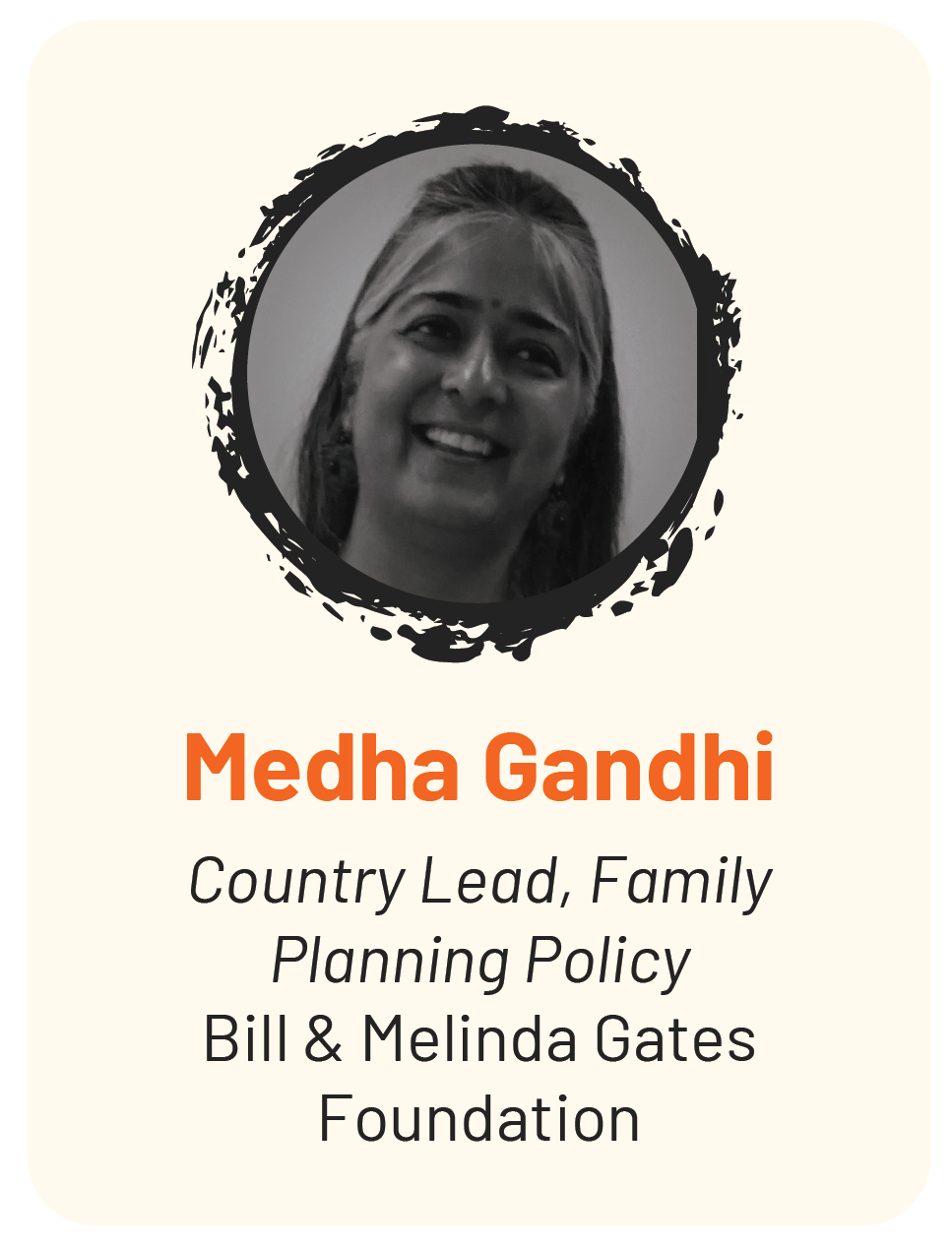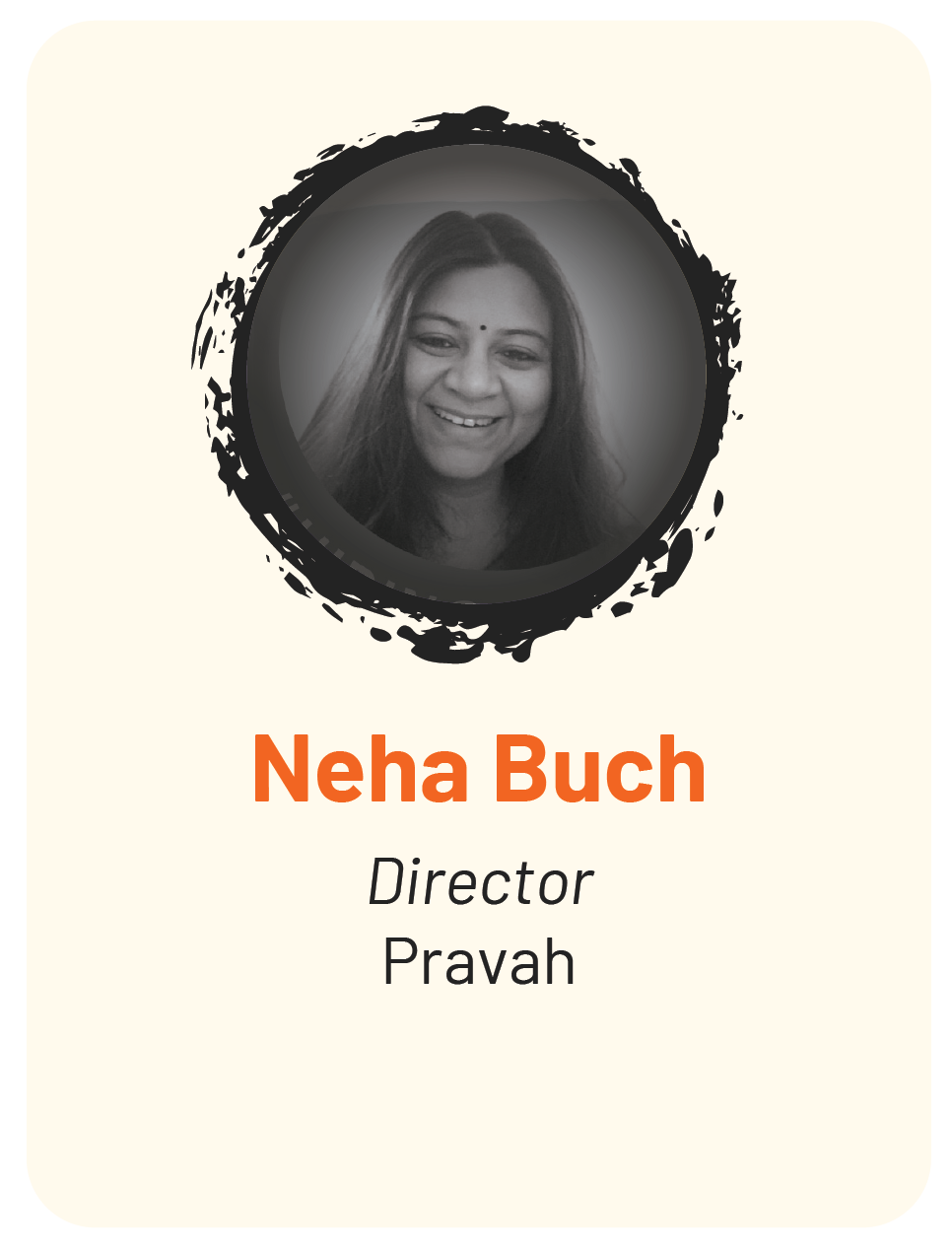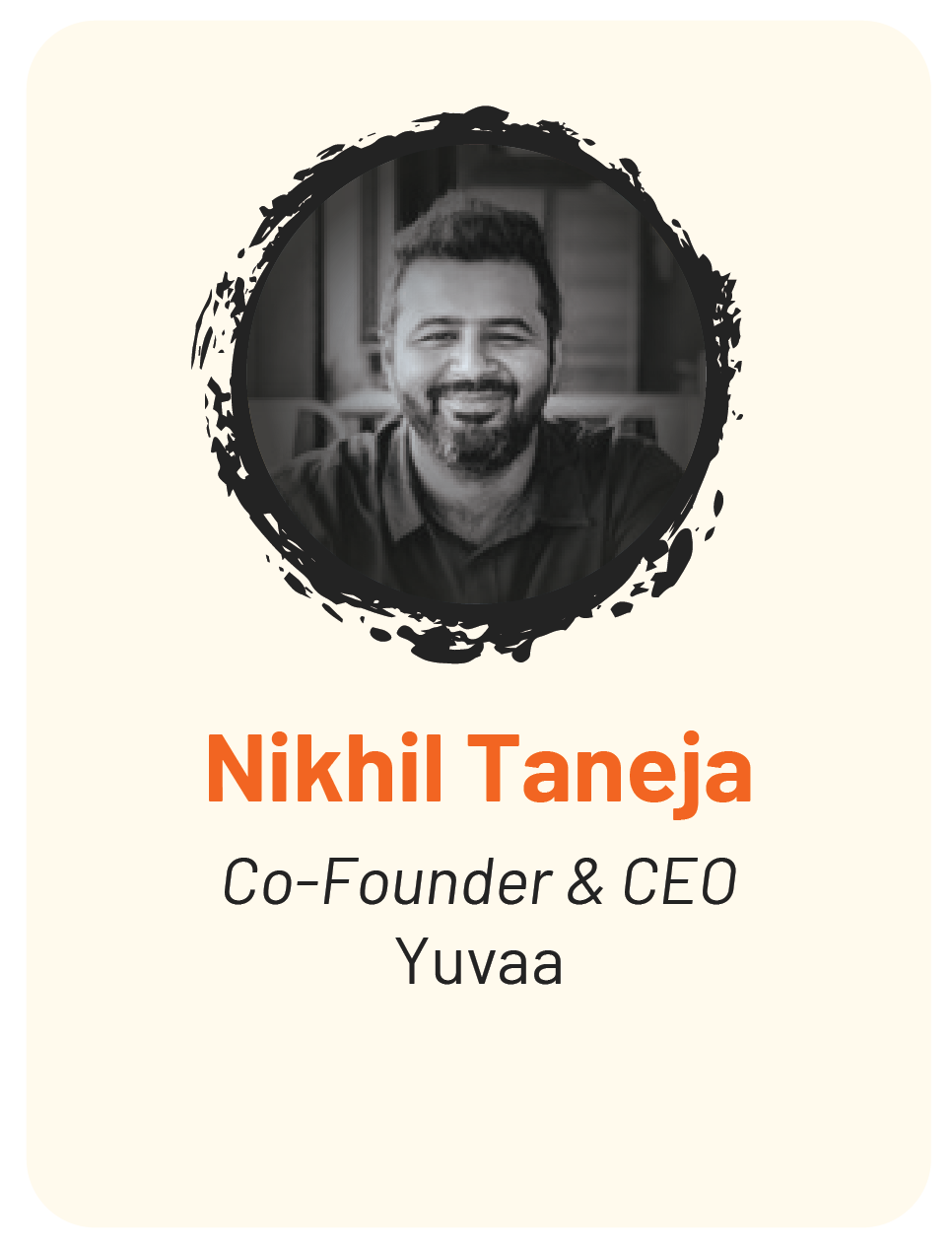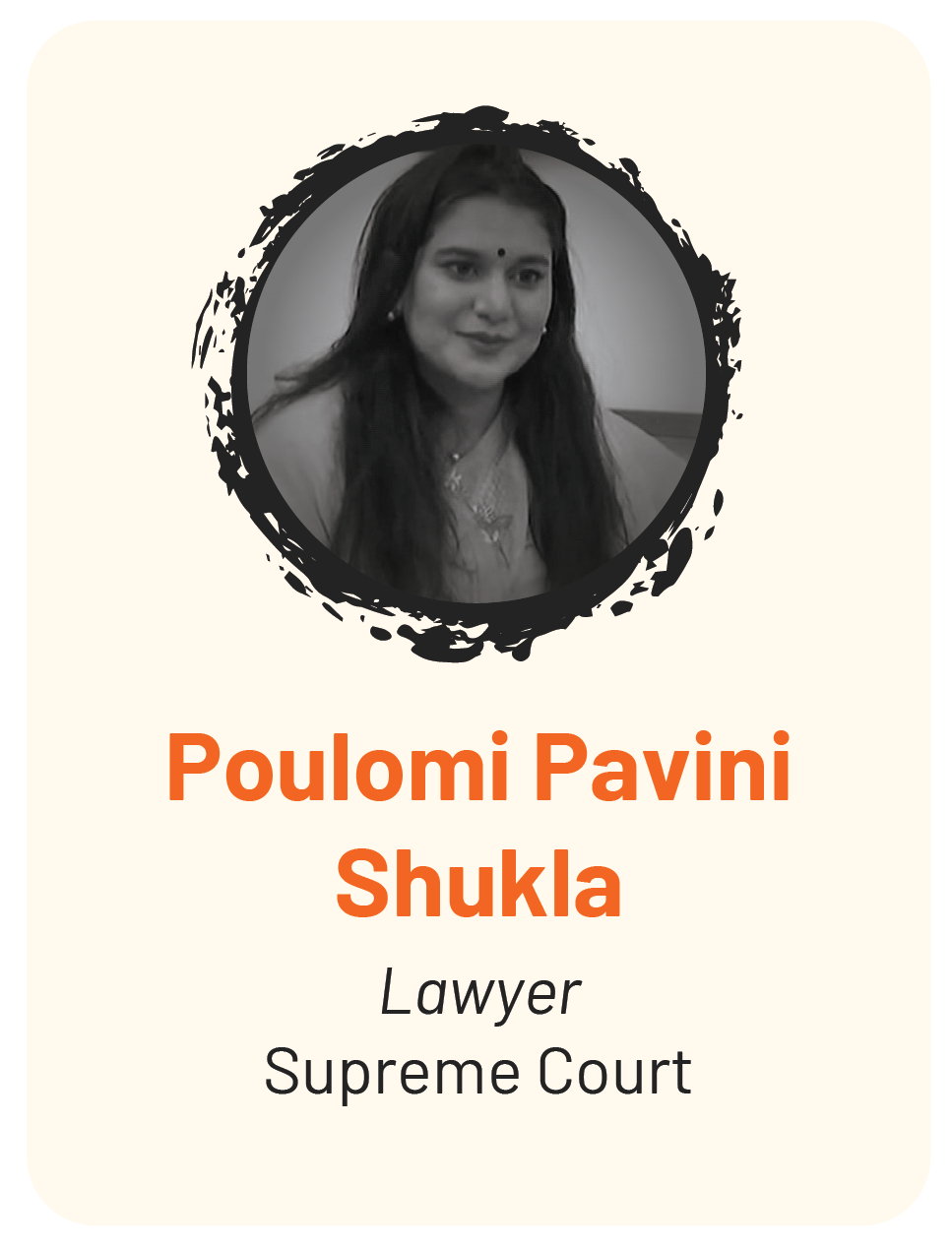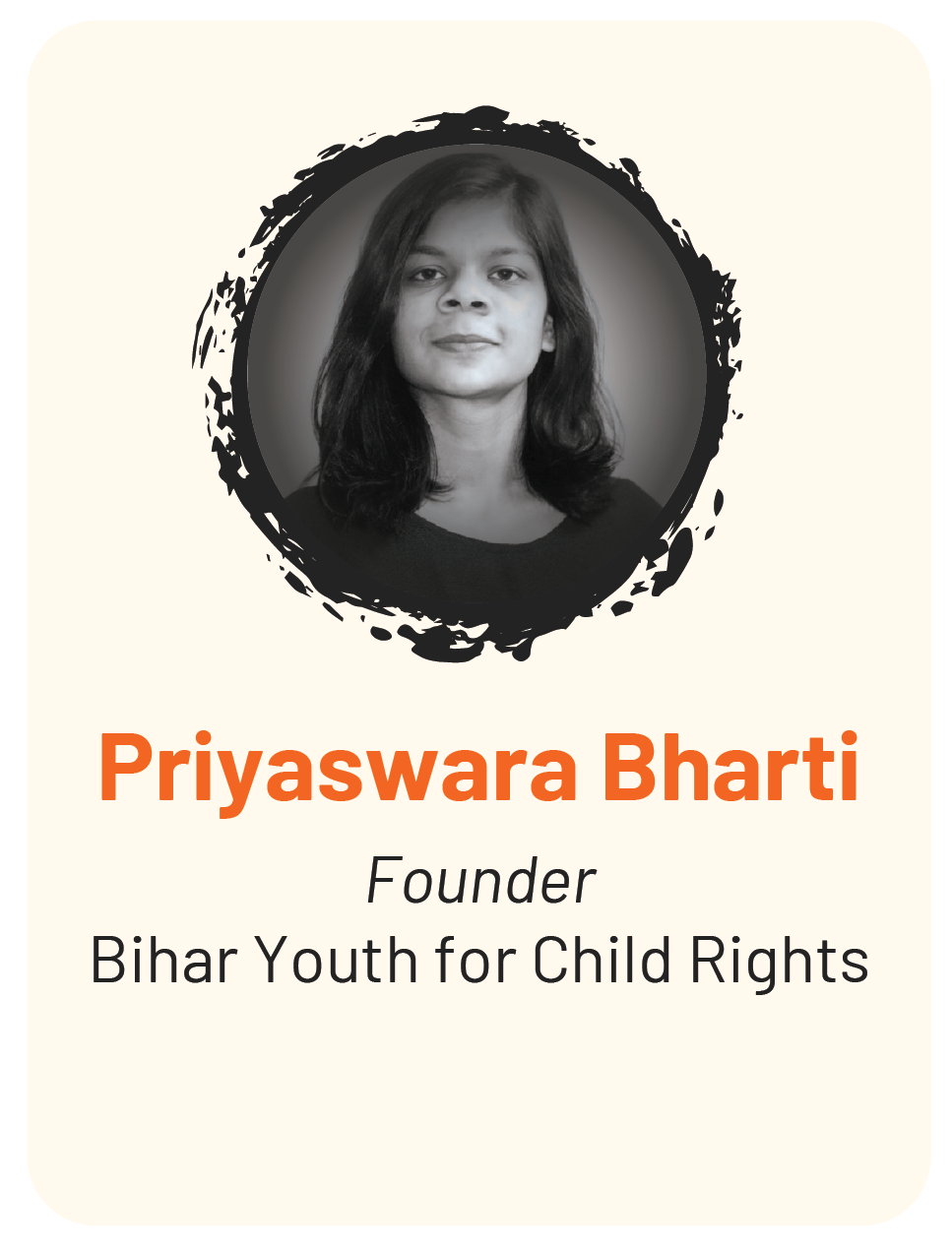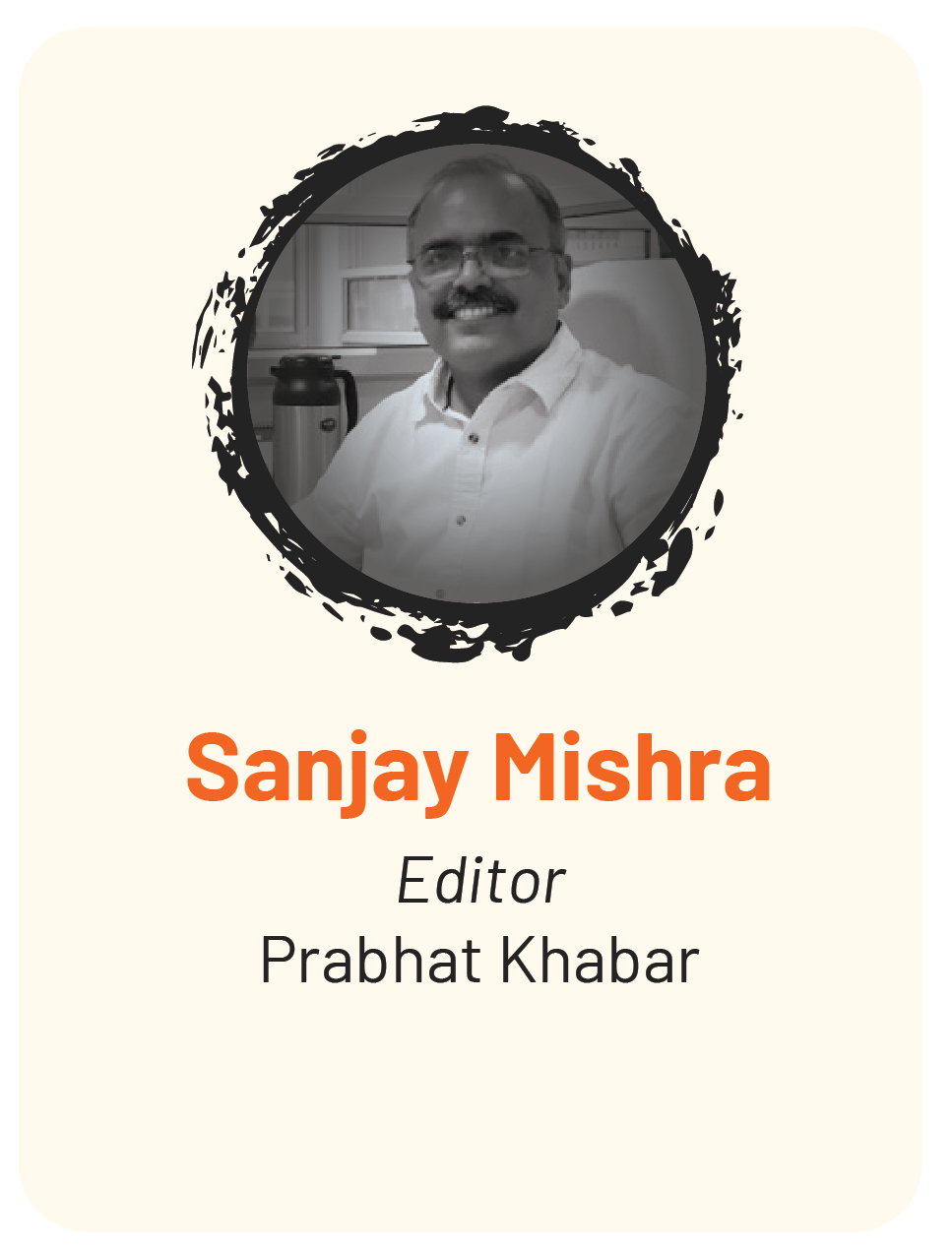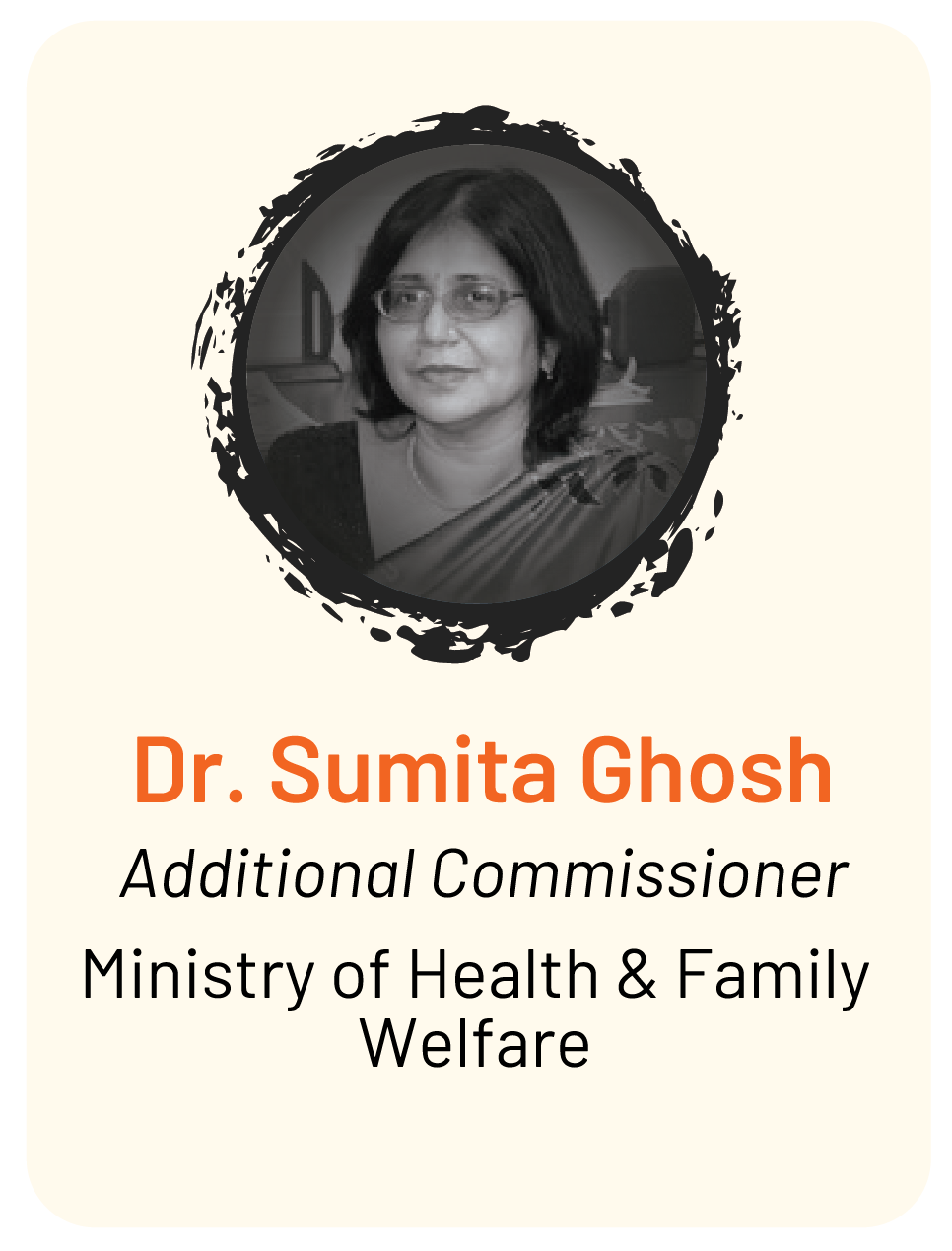Leveraging the Dividend:
|
|
In a country with more than half its population under 25 years of age, it is imperative that we involve our youth in decision making at all levels. We need to truly listen to them, their ideas and perspectives, and to give them their rightful seat at the table. Learn more as nonprofit leaders, government officials, donors, media and youth champions talk about why we must include the voices of the young when developing solutions for them.
|
Key takeaways
- The concept of youth participation in decision making is a relatively new one in India compared to the rest of the world. We are only beginning to take it seriously now.
- It is critical to include the voices of the young when developing solutions for them. If all the decisions are taken by adults, then it’s unfair to expect young people to develop the skills and the capacities they need to build their own futures.
- It is imperative that we trust our young, that we listen to them. More importantly, we must listen to all kinds of young people, and not just the elite who might speak on behalf of their more marginalized, at-risk peers.
- Our biggest failure has been that we have never brought young people to the table on issues that involve them. The general belief continues to be that the tables are for older people, for people with experience. But the internet has given our young an understanding and exposure to a world beyond them, and they have answers to their problems. As adults we are being arrogant when we think we know the solutions to their issues.
- We shouldn’t take our youth for granted. When we engage with them, it’s unfair to ask them to give their time and effort without acknowledging it, whether it’s through financial incentives like stipends, or non-financial means such as recognizing their work, providing exposure via travel and meetings, skill building support, and so on
- Large numbers of young people want to be involved with their communities. They want to be encouraged, stirred and challenged. Conventional higher education in our country gives them a great deal of information, and sometimes skills; but it almost never gives them a sense of purpose.
- Donors should be open to the idea that when they engage young people, they need to invest in them, because none of this will happen without money. And this must take the form of sustained long-term support if we as a society want to harness the benefits of engaging young people.
- The government is keen on exploring platforms where they can hear what young people have to say. They would like to engage and include them in their youth-focused programs and also have them influence how policy is shaped
session highlights
More than half of India’s population is under 25 years of age, making it amongst the youngest in an ageing world. By 2022, the median age in India will be 28 years. In comparison, it will be 37 years in China and the United States, 45 years in Western Europe, and 49 years in Japan.
While there are global examples of young people being agents of change, they also face several social, economic and cultural challenges that hamper their growth and development, particularly in India. In order to ensure that their concerns are heard, their constraints understood, and their basic human rights recognized and enforced, it is imperative that they participate in the public sphere.
The Learning Lab on Leveraging the Dividend: The Power of Youth Participation in India, brought together nonprofits, government officials, donors, media and youth champions to highlight the ways in which we must involve our young people in decision making at all levels, truly listen to their ideas and perspectives, and to give them their rightful seat at the table.
While there are global examples of young people being agents of change, they also face several social, economic and cultural challenges that hamper their growth and development, particularly in India. In order to ensure that their concerns are heard, their constraints understood, and their basic human rights recognized and enforced, it is imperative that they participate in the public sphere.
The Learning Lab on Leveraging the Dividend: The Power of Youth Participation in India, brought together nonprofits, government officials, donors, media and youth champions to highlight the ways in which we must involve our young people in decision making at all levels, truly listen to their ideas and perspectives, and to give them their rightful seat at the table.
quotes
|
|
No decision about us should be taken without us - Priyaswara Bharti, 17-year-old advocate for youth and child rights |
|
|
In a democracy, the priority of people becomes the priority of what gets done. And we young people have a chance to influence those things – Poulomi Shukla, Supreme Court Lawyer |
|
|
We will begin to see young people starting to collaborate without the control of systems, organizations, and people inhibiting them. Now, every creator can break away from the shackles that society has imposed on them and express themselves better.
When you transfer the power of having an opinion to everyone in the world, then things change, revolutions happen. – Farid Ahsan, Moj (Sharechat) |
|
|
As a donor, you have to be open to really long-term support if you want to harness the benefits of engaging young people. – Dipa Nag Chowdhury, Population Foundation of India |
|
|
They are not living in our world. We are living in their world. The least we can do is respect them, and enable and empower them to bring about change - Nikhil Taneja, YUVAA |
|
|
Young people are not a homogenous group and they need spaces that allows for cross-border interactions. Unless they have that they won’t be able to understand the commonalities and differences that exist among them - Neha Buch, Pravah |

